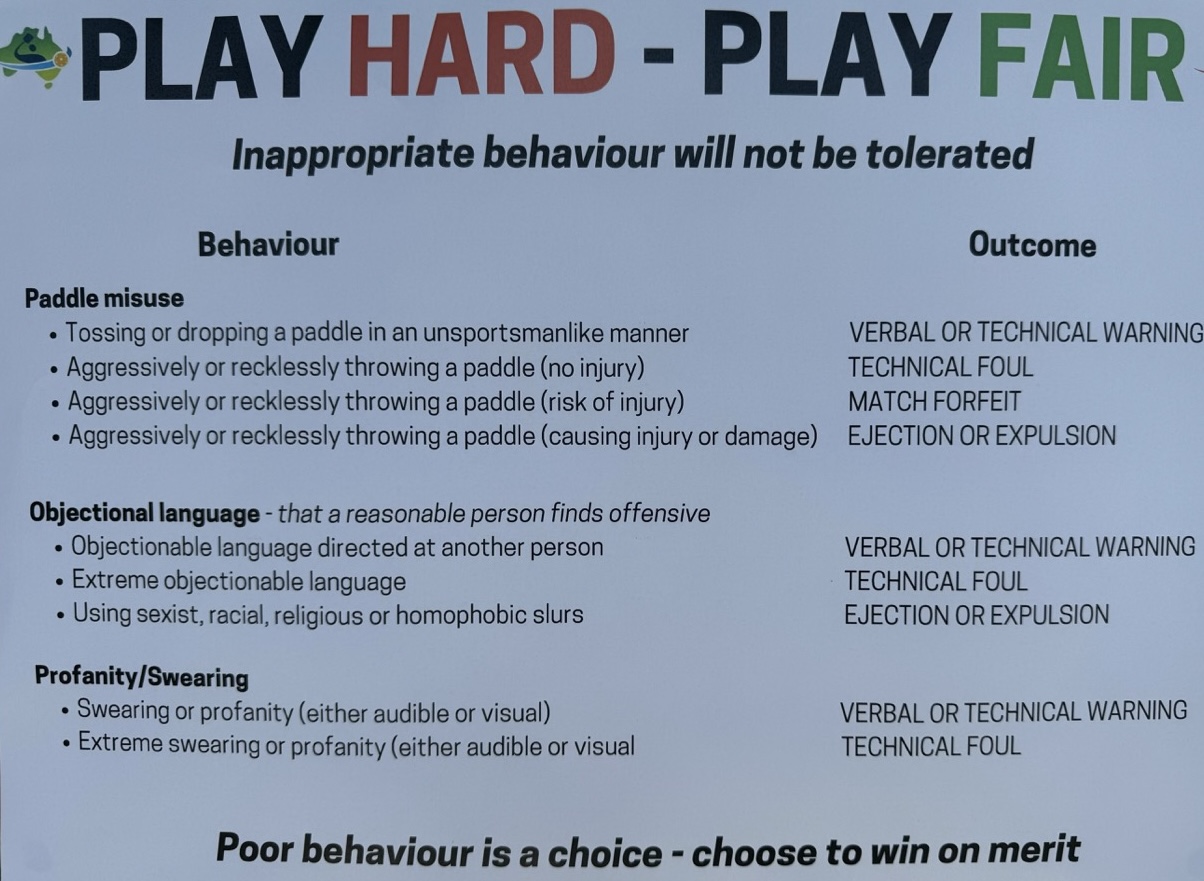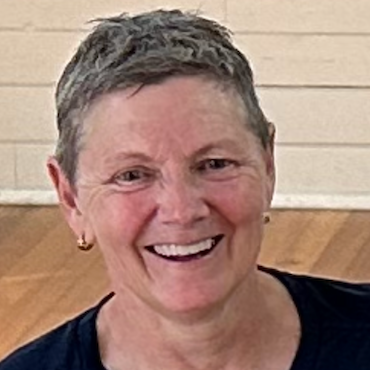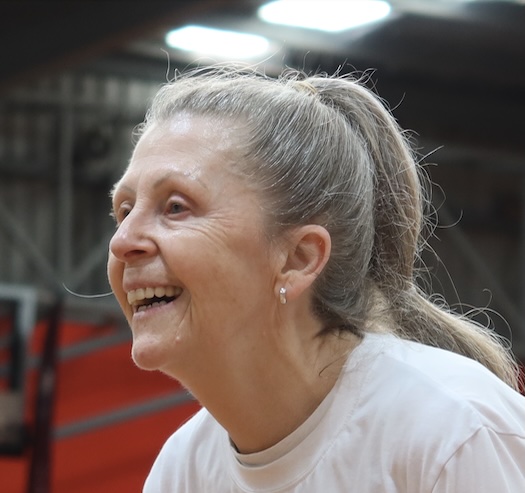
- Play
- Join Us
-

- About Us
- Summer of Pickleball
-
Teams League 2026
-
Registration
- Division 1
- Division 2


The GPC wants to advance the game of pickleball and is actively encouraging players that are new to the sport, those that enjoy the more social side of pickleball as well as those who want to play more competitively to come and play at our 8 court indoor facility at the Y in Newtown.
The club offers free introductory sessions for players that are new to the game, social sessions where players of all ability can meet - and have a coffee and a chat afterwards, as well as transparently graded intermediate and advanced sessions for players looking to compete at their level of play - you can join us here, or find out more about how we play pickleball.
On this page you'll find some more detailled information regarding the different types of sessions we offer and how you can use them - we hope you will find it useful !
If you want to find out if Pickleball is for you, we offer induction sessions for players of all ages that are new to the game.

 sessions - DUPR is a popular rating system
in the Pickleball world and it can help you find the right bracket to play in when you want to play in a tournament.
In sessions marked as
sessions - DUPR is a popular rating system
in the Pickleball world and it can help you find the right bracket to play in when you want to play in a tournament.
In sessions marked as  the club will submit all scores to DUPR (the only exception is games with a score lower than 6 which cannot be used for DUPR ratings)
so that all participants will have a DUPR rating at the end of the session.
the club will submit all scores to DUPR (the only exception is games with a score lower than 6 which cannot be used for DUPR ratings)
so that all participants will have a DUPR rating at the end of the session.
| Open Session | All players , i.e. both social (ungraded) players, as well as players graded either Intermediate or Advanced can book in. Initially, most of our sessions will be run using these tags. Depending on the session format some courts may be allocated based on grading; the Duty Manager(s) on the day will explain that to you. |
| Social | Only social (ungraded) players can book in |
| Intermediate 3 Advanced | Players graded either Intermediate 3 or Advanced can book in |
| Intermediate 2 | Only Players graded Intermediate 2 can book in |
Our club committee is here to help with any questions you may have. You can also contact us
via the Contact Form on our website or send us
a message via


President

Vice President

Treasurer

Secretary

Committee Member

Committee Member

Committee Member

Committee Member

Committee Member